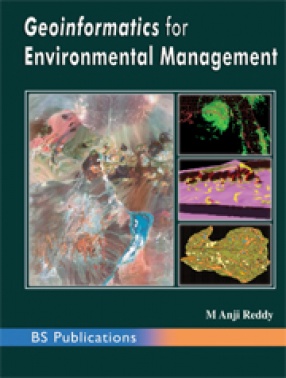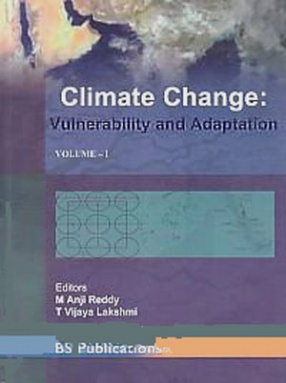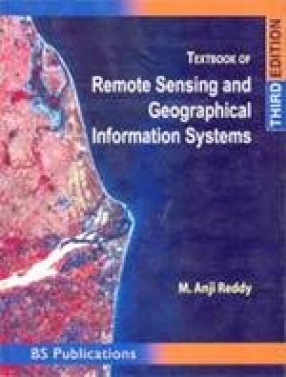With the advent of advanced satellite sensors, high resolution satellite imagery, Global Positioning System (GPS) and Geographical Information Systems (GIS), that enables mapping and modelling of the landscape. It is becoming even more important for the research scientist and engineer in the field of environment to integrate Geoinformatics Technology into their scientific investigation. This book focuses on the development of advanced technologies of Geoinformatics for Environmental Management.
This book is intended for the academic community as well as the resource scientist, engineers, decision makers and planners involved in environmental problem solving. The book is organized around two main themes, namely principles of Geoinformatics and Applications to Environmental Management with case studies, spread over a total of eighteen chapters.
From applications of surveying and mapping to natural disaster management, and other areas of natural resources, Geoinformatics for Environmental Management provides a complete picture of the fascinating and rapidly growing fields of remote sensing, GIS and GPS. Unique in scope, this book covers the full interdisciplinary spectrum of the subject including Surveying and Mapping, Photogrammetry, Remote Sensing, Global Positioning System (GPS), Geographical Information Systems (GIS), Forest Resource Management, Watershed Management, Saltwater Intrusion Modelling, Water Quality Mapping and Modelling, Solid Waste Management, Natural Disaster Management and Urban Planning and Management. This is the first book of its kind to incorporate and summarize number of case studies of environmental issues for students, teachers and practitioners. In addition, it provides operational methodologies for analysis and design of environmental projects.








There are no reviews yet.